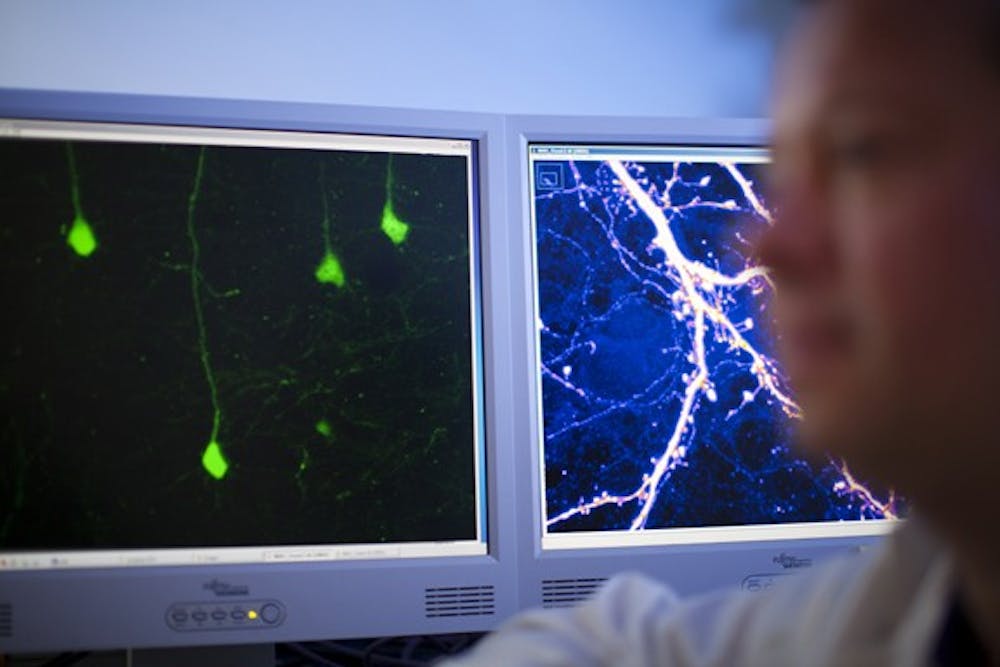
To address concerns regarding brain organoid research, neuroscientists from Penn Medicine and the Department of Veterans Affairs published a paper clarifying the physical capabilities of brain organoids and suggesting an ethical framework for further research, Penn Medicine News reported.
Brain organoids are human "mini-brains" that are transplanted into animals to study neurological disease, according to Penn Medicine News. In their paper, published on Oct. 3, the researchers concluded that it is more relevant to focus on the improvement of specific brain functions rather than the host animal becoming more "human" as a result of the procedure.
Research has shown that the use of brain organoids holds numerous benefits in contrast to other methods of testing treatments for neurological diseases, particularly that brain organoids behave similarly to human brains. This allows scientists to conduct research without testing treatments on human patients.
The modeling of brain organoids after human brains also makes them a more accurate representation of normal and abnormal brain function than the animal models that have been used in the past.
The researchers highlighted the potential of elevated consciousness in the animals receiving the organoids but pointed out that the likelihood of this occurring is low due to the creation of a surgical cavity in animals during the transplant that makes the procedure likely to deteriorate brain function.
Co-author of the paper and assistant professor of neurosurgery at Penn Medicine H. Isaac Chen is calling on researchers to keep ethics in mind as they conduct further research.
"Researchers need to contribute to the creation of ethical guidelines grounded in scientific principles that define how to approach their use before and after transplantation in animals," Chen told Penn Med News. "There is wisdom in understanding the relevant ethical considerations in order to avoid potential pitfalls that may arise as this technology advances.
The Daily Pennsylvanian is an independent, student-run newspaper. Please consider making a donation to support the coverage that shapes the University. Your generosity ensures a future of strong journalism at Penn.
Donate







